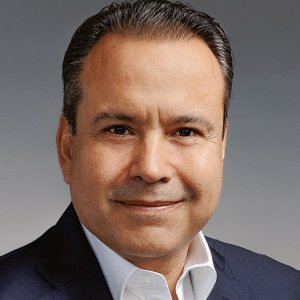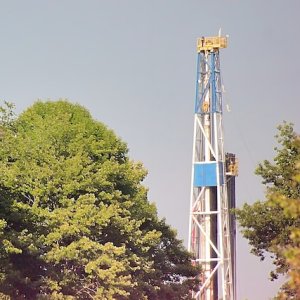
Private Companies Still on the Run for Mexican Lithium
 By Eliza Galeana | Junior Journalist & Industry Analyst -
Wed, 03/22/2023 - 17:22
By Eliza Galeana | Junior Journalist & Industry Analyst -
Wed, 03/22/2023 - 17:22
Despite the government's unwillingness to share Mexico’s lithium reserves with privates, LitioMX will have the power to make alliances with such companies to attract technology and new processes that facilitate its operations. However, according to researchers, the future of lithium in the country remains uncertain.
LitioMX was created by the federal government in August 2022 with the aim of forming a state company responsible for the exploitation of lithium. President López Obrador said that the concession held by the Chinese enterprise Gangfeng will no longer be considered, since at the time these concessions were given, they were not focused on lithium but on mineral exploitation. “Lithium is not like gold, silver or copper. It is something else, it has more to do with a strategic resource like oil, so the concession for lithium is special," López Obrador stated. In February 2023, the president signed a new decree to formalize the nationalization of lithium. This decree left SENER in charge of the country’s lithium reserves. However, according to LitioMX’s Organic Statute, the company’s Strategic Planning, Manufacturing and Marketing Unit will have the power to form alliances with public and private companies, be they national or international. The association will have to be carried out in Mexican territory and at all times LitioMx, or the Mexican government as appropriate, will own the majority of the project’s shares.
Aleida Azamar, Researcher, Universidad Autónoma Metropolitana (UAM), told Diálogo Chino there is still a lack of clarity regarding the future of private and foreign participation in the Mexican lithium industry as the president has continued to make contradictory statements about it. Furthermore, she pointed out that there is no clearness about the country’s lithium reserves. “Bacanora Lithium estimates that there are 8.8 million t, but the USGS has suggested that there may be 1.7 million t of mineral.” This lack of precision is due to the limited amount of economic resources available to the Mexican Geological Survey, coupled with the short time employed for this complex assessment.
Azamar highlighted there is no long-term strategy for national lithium management. She stressed that educational and technological plans are needed to integrate the population into these productive chains and thus generate a real transformation in the country. However, it will take a long time to appreciate concrete results. A study by the UN Economic Commission for Latin America and the Caribbean (ECLAN) estimated that it could take 13 years for Mexico to become part of this value chain and, even then, it will be competing in a highly specialized industry. "We must be aware that in 20 years, lithium will no longer have the same relevance, substitutes will exist. For example, sodium batteries and hydrogen options already have very important advances," Azarmar said.
















